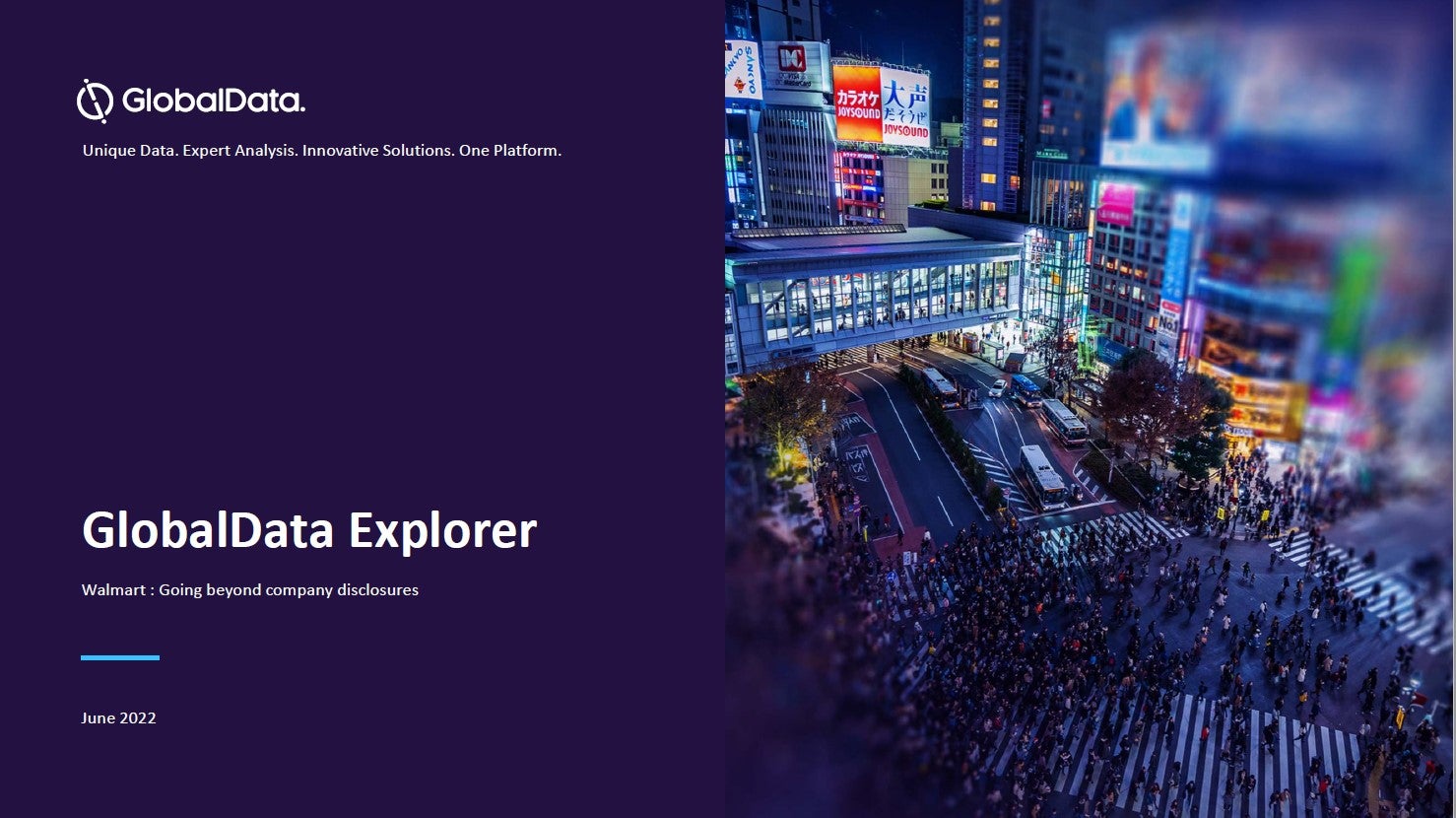Permanent store closures were already rife in UK retail before the Covid-19 pandemic due to changing consumer habits and online shopping and many retailers have been quick to re-strategise and restructure their businesses to find new ways to engage with customers. One notable strategy is to open temporary pop-up shops.
Non-essential stores in the UK were forced to close last March, marking the beginning of a hectic 12 months. Many retail companies’ revenues dipped while several retailers collapsed completely. Lockdown led to a spike in online demand that led to stock issues, and firms had to invest in ensuring Covid-19 safety measures were in place in-store, including social distancing signage and training and PPE for staff. Since March 2020, Covid-19 has caused over 14,800 permanent retail store closures in the UK, with 600,000 jobs lost.
How well do you really know your competitors?
Access the most comprehensive Company Profiles on the market, powered by GlobalData. Save hours of research. Gain competitive edge.

Thank you!
Your download email will arrive shortly
Not ready to buy yet? Download a free sample
We are confident about the unique quality of our Company Profiles. However, we want you to make the most beneficial decision for your business, so we offer a free sample that you can download by submitting the below form
By GlobalDataAccording to GlobalData, working from home and concerns about health safety have shifted footfall from city centres to local stores and retail parks. This trend is likely to prevail into 2022, putting property companies and landlords under considerable financial pressure. For landlords struggling to fill vacant stores, pop-ups are a temporary stop-gap but can renew interest in the locality, attracting new shoppers and could lead to longer and broader commitments from retailers in the future, should the pop-up prove successful.
The closure of stores has created more opportunities for temporary pop-up shops run by online retailers. Pop-up shops typically stay open for a few days or months, with the expectation that their temporary nature will attract new potential customers in the long run. Not only do they draw in customers, but they also allow online retailers to pay a reduced amount of rent as it is a short and fixed-term contract.
The downfall of mainstream retailers’ brick-and-mortar stores means that some smaller retailers may be able to negotiate reduced rent in the heart of the city as landlords avoid keeping empty stores in their portfolios. Locations of pop-up shops are often vacant spaces that landlords are trying to fill and can be 80% cheaper than long-term contracts. Online retailers have previously strategically opened pop-up shops in busy London locations. For example, online skincare and beauty retailer Glossier opened its pop-up store in Westfield London in White City between November 2019 to February 2020, which was then published in high-end magazines including Marie Clarie, Vogue, Glamour and Grazia.
In this uncertain retail environment, several previously online-only entrepreneurs will soon start trading from a pop-up shop in Oxford Street, which, in pre-Covid times, was Europe’s busiest high street. Enterprise Nation and SumUp have set up the pop-up. Retailers that are due to open temporarily in the location are online-only small retailers such as The Painted Peacock chocolatiers and clothing brand Unhidden, which has been designed for people with disabilities. There are not many positive stories in UK retail right now, but physical retail continues to evolve. The chains of tomorrow will likely come from online retailers that venture slowly into the physical realm through pop-ups.






Related Company Profiles
SumUp Limited
Glossier Inc
Enterprise Nation
Glamour, A.S.